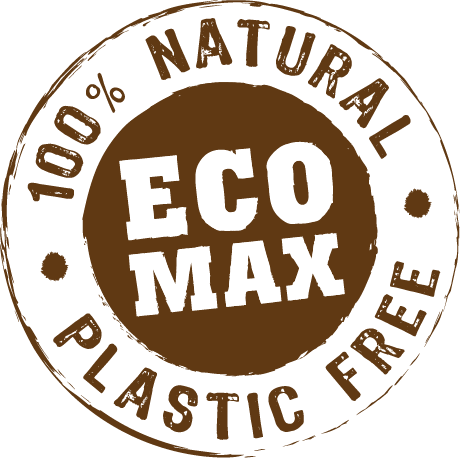The ever growing problem of plastics requires more solutions than recycling alone. Maybe it’s about time we acknowledge this. After all you can’t fix a problem if you don’t acknowledge that there is one.
Perhaps the questions is wrong, maybe we should be asking what we SHOULD use plastic for, rather than what we shouldn’t?
Then work on recycling all plastic items that we cannot do with out and find sustainable alternatives for the items that really shouldn’t be made of plastic.
Why not recycle!
• Plastic is made from petroleum, a finite resource. Shouldn’t we be preserving this resource for areas where there is no other alternative?
Take for instance the plastic tubing used in hospitals. This is a life-giving resource and plastic is the ideal substance for this. It’s cheap, so widely accessible; it’s clear, so doctors and nurses can see what is happening; it’s flexible and unbreakable, unlike glass tubing; it’s clean, light weight, transportable and easy to store.
Yes, Plastic may be right in this circumstance and we would all want and deserve access to it in a time of need. But there are many other plastic items we could do without.
Why is so little of the plastic being recycled?
• Only 9% of all plastic waste has been recycled. While some plastic waste is incinerated (12%), the vast majority – 79% – ends up in landfill or is discarded straight into the natural environment, often ending up in our oceans.
One reason for the lack of recycling is that the plastic problem has grown so rapidly that everyone, even scientists, have been caught unawares of how much plastic is actually being produced. In just 6 decades we have produced 8.3 billion metric ton of plastic and if production continues at this rate there will be 12 billion metric tons in landfill by 2050. The problem is now so large recycling alone will not fix it.
Secondly, different plastics need to be recycled differently; some plastics are easier than others to recycle while some will be more cost effective than others. Therein lays the problem. Much of our plastic waste is mixed waste that contains hard and soft plastics, food waste and other contaminants. Mixed plastic waste is not cost effective to sort and therefore expensive to recycle.
Our out-of-sight mind-set
• Governments have not encouraged recycling, preferring to use an out-of-sight, out-of-mind approach and sending the problem off-shore.
The nations that we once sent all our plastic waste to are no long accepting anything unless it is clean and well sorted – the type of plastic waste that is easiest to recycle. This means that we now have to deal with our own low-grade, dirty plastic waste and not send the problem off-shore, making it someone else’s problem. In order to encourage investment into new recycling plants we need to keep all our waste – the good, the bad and the un-recyclables. We need to take ownership of the problem and factor it into how our society functions. Even a teenager eventually will clean up their mess if they have to live with it long enough!
We all need to share the load of the plastic problem
• Packaging accounts for more than 40% of non-fibre plastics.
Consumers say that they don’t want all the packaging and are not offered choice to choose unpackaged items in main stream stores yet when given an option will often opt for conveniently packaged products and are often swayed by advertising.
Manufactures say that packaging protects their product, provides longer shelf life, improves sales with their visual appeal and offers convenience that shoppers want.
Supermarkets say that they need packaging for ease in warehousing, transporting and sorting, to speed up service with barcodes, to discourage theft and to create bright visual displays and also that people don’t want to buy unpackaged products.
But this can’t remain a standoff with each side blaming each other, we all have to make change. It is not a chicken or the egg, which came first type of argument, all sides need to take responsibility. Governments need to lead in this change by enacting legislation; we as consumers need to accept plainer packaging, less of it and sometimes a bit less convenience, manufactures and supermarkets need to work together and rethink how they do business, how they manufacture and the entire life cycle of their products.
A change of mind set
• Alternatives need to be found for plastics – not every plastic item we have all grown accustomed to needs to be plastic or should be.
“We as a society need to consider whether it’s worth trading off some convenience for a clean, healthy environment,” Roland Geyer, Professor — Industrial Ecology says. “For some products that are very problematic in the environment, maybe we think about using different materials. Or phasing them out.”
Plastic has become so much a part of our lives, and for some applications a vital part, but convenience should not be an excuse for not asking, what we SHOULD use plastic for? Recycling alone is not the answer. The plastic problem will only be solved if we acknowledge the problem, change how and when we use plastic and find alternatives. After all we have only been mass producing plastic since the 40’s. We lived without it before, we can do it again.
What will you do to reduce your plastic consumption this Plastic Free July?






